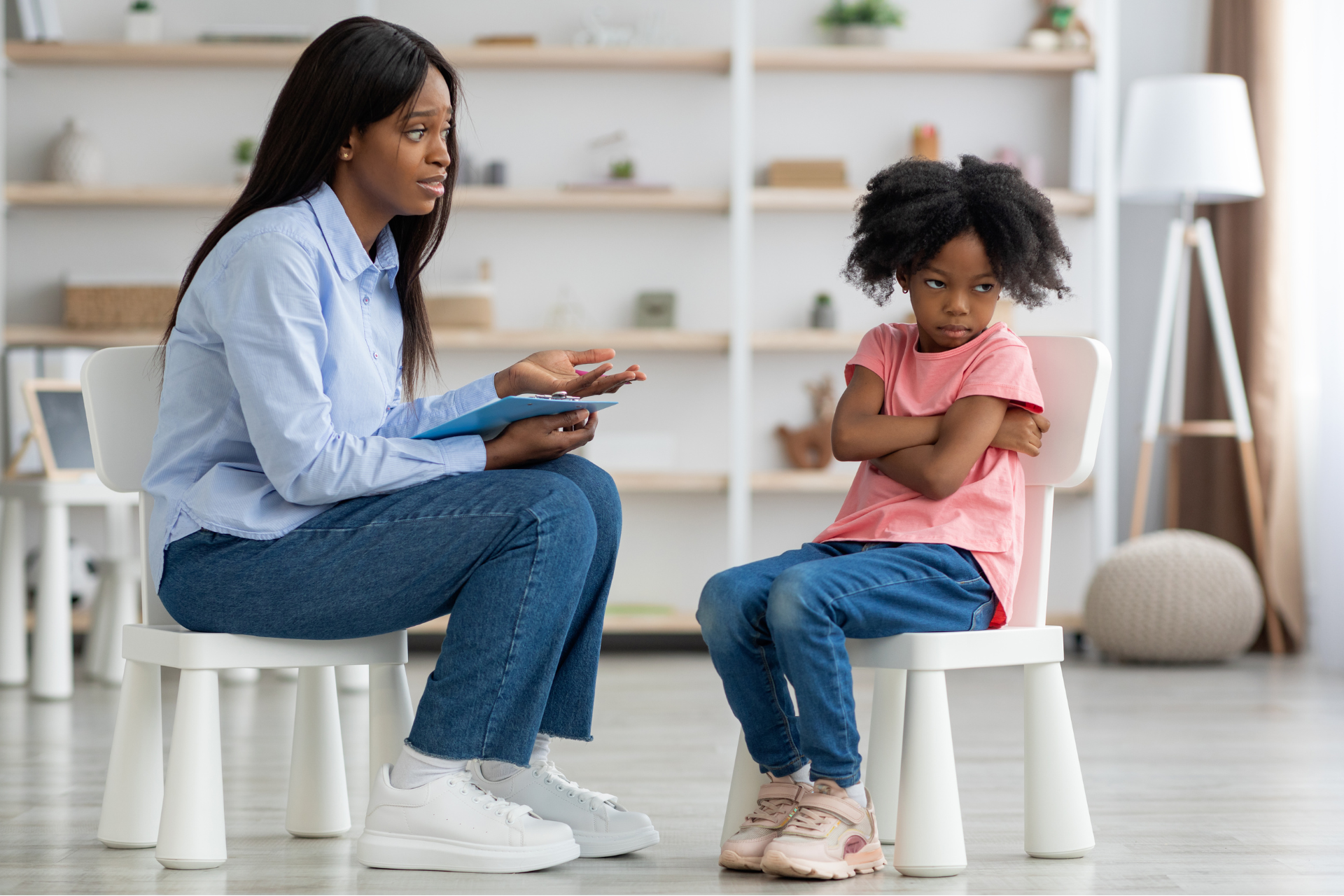How Can Virtual Parenting Classes Benefit Busy Parents?
Are you a parent juggling work, household chores, and the never-ending demands of raising children? Do you often find yourself overwhelmed and unsure of how to handle tantrums or navigate through parenting challenges? If so, you're not alone. Many parents face similar struggles in today's fast-paced world. However, there's good news! Virtual parenting classes offer a convenient and effective solution to help busy parents like you navigate the ups and downs of parenthood with ease.
Hi there, I'm Dr. Ceara Deno, a certified parent coach and pediatrician, and I understand the unique challenges that sensitive families face. As a parent myself, I know how hectic life can get, especially when trying to balance work and family responsibilities. That's why I'm passionate about helping parents like you create peaceful homes and relationships through virtual parenting classes.
So, how exactly can virtual parenting classes benefit busy parents like you? Let's take a closer look.
● Convenience is Key
One of the biggest advantages of virtual parenting classes is their convenience. As a busy parent, finding time to attend in-person classes can be challenging. Between work, errands, and family commitments, it's hard to carve out time for yourself. With virtual parenting classes, you can say goodbye to scheduling conflicts and long commutes. You can participate from the comfort of your own home at a time that works best for you. Whether it's during your lunch-time or after the kids are in bed, virtual classes offer flexibility to fit into your busy schedule.
● Expert Guidance at Your Fingertips
Virtual parenting classes provide access to expert guidance from the comfort of your own home. With just a click of a button, you can connect with experienced parent coaches like myself who understand your diverse challenges and are dedicated to helping you succeed. From managing tantrums to fostering positive communication, virtual classes cover a variety of topics designed to support you on your parenting journey. Plus, you'll have the opportunity to ask questions and receive personalized advice tailored to your family's needs.
● Community Support
Parenting can feel like a lonely phase at times, but virtual parenting classes offer a sense of community and support. By connecting with other parents facing similar challenges, you'll realize that you're not alone. You'll have the opportunity to share experiences, offer advice, and build meaningful connections with other parents who understand what you're going through. This sense of camaraderie can be incredibly empowering and reassuring, especially during those tough days when you need a little extra support.
● Practical Strategies for Everyday Challenges
Virtual parenting classes equip you with practical strategies and tools to tackle everyday challenges with confidence. Whether you're dealing with bedtime battles, mealtime meltdowns, or sibling squabbles, you'll learn effective techniques to diffuse tense situations and promote positive behavior. From setting boundaries to practicing active listening, virtual classes provide actionable tips that you can implement right away. With consistent practice and support, you'll see improvements in your child's behavior and your overall family dynamics.
● Personalized Support Every Step of the Way
As a parent coach, I'm here to provide personalized support every step of the way. When you enroll in my virtual parenting classes at Sweet Spot Parent Coaching, you'll receive individualized attention and guidance tailored to your family's unique needs. Whether you're struggling with discipline issues or seeking advice on fostering emotional intelligence, I'll work closely with you to develop a customized plan that fits your lifestyle and goals. Together, we'll navigate through challenges, celebrate successes, and create a happier, more harmonious family environment.
Conclusion:
Virtual parenting classes offer a convenient, accessible, and effective solution for busy parents looking to enhance their parenting skills and build stronger bonds with their children. With expert guidance, community support, and practical strategies, you'll feel capable enough to tackle any challenge that comes your way. So why wait? Take the first step towards a happier, more peaceful family life by enrolling in virtual parenting classes today.












